Bentley is well under way with development of the second bespoke model from its Mulliner coachbuilding division, both as a way of celebrating the luxury car maker’s venerable W12 engine and previewing the design of its first pure-electric models.
The Volkswagen Group’s 6.0-litre W12 engine – the only mass-produced powerplant of this format – turned 20 years old this year, having served in a range of flagship Audi, Volkswagen and, most prominently, Bentley models. It is currently only used by the latter marque and will be retired shortly after the launch of the next Mulliner car as Bentley moves towards an all-electric future.
According to a source at the Crewe firm, the new creation will be based on the Continental GT Coupé (its predecessor, the Bacalar, was based on the Convertible) but will feature bespoke styling in line with its far more exclusive build run, a unique technical make-up, heightened levels of personalisation and a far higher list price than that of the standard car. The new model is being designed and engineered in line with the expansion of the Mulliner division, which will launch the finished product in 2023, 80 years on from the start of the coachbuilder’s relationship with Bentley.
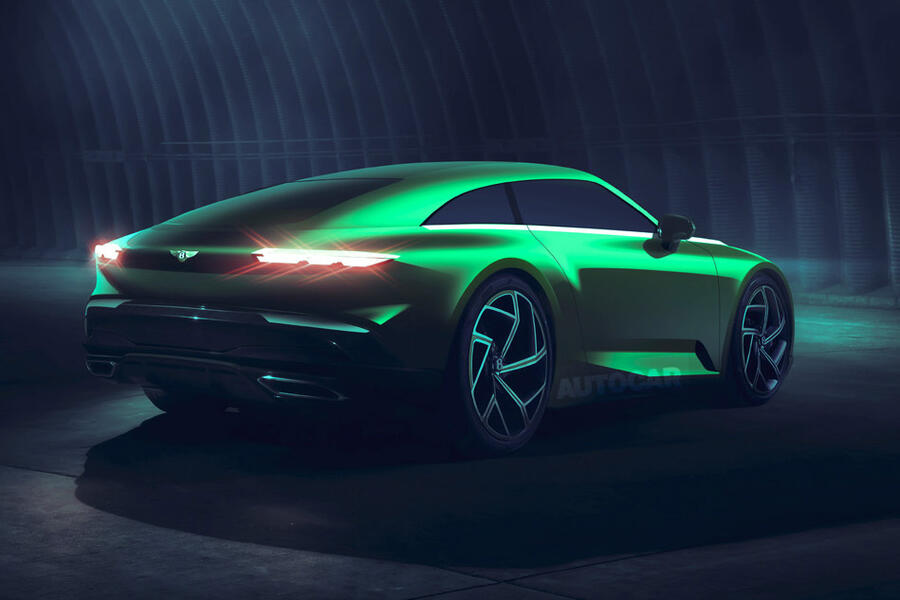
It is believed that high demand for the £1.5 million Bacalar (all 12 examples of which sold out even before the first was completed) has prompted Bentley to up the build run for its hard-top successor, 25 of which will be built. It will be priced from between £1.5m and £2m, but the extent of Mulliner’s personalisation offering means that most, if not all, examples will sell for more than £2m, making this Bentley’s most expensive creation yet.
Power will be delivered by an enhanced version of the turbocharged 12-cylinder engine, most likely running in the same state of tune as in the Bacalar and Continental GT Speed. Peak outputs of 650bhp and 664lb ft are expected, and the Mulliner car should reach 62mph from rest in comfortably less than four seconds and surge onwards to a top speed in excess of 200mph. The model is also expected to carry over the Speed’s performance-focused chassis make-up, which boasts enhanced dynamic credentials over the standard Continental courtesy of its stiffer suspension, uprated four-wheel steering system, record-breaking 440mm-diameter carbon-ceramic brake discs and electronic differential at the rear.
As shown in Autocar’s exclusive renderings, the second Mulliner model will be marked out from its series-production range-mates by a radical styling overhaul. This will draw on elements of Bentley’s sustainability-focused EXP 100 GT concept of 2019, but with a number of bespoke cues that are likely to become hallmarks of the brand’s first pureelectric cars. A more angular and aggressive front end will be a defining characteristic, bearing a new interpretation of Bentley’s trademark grille design, slim headlight clusters and more angular air intakes.

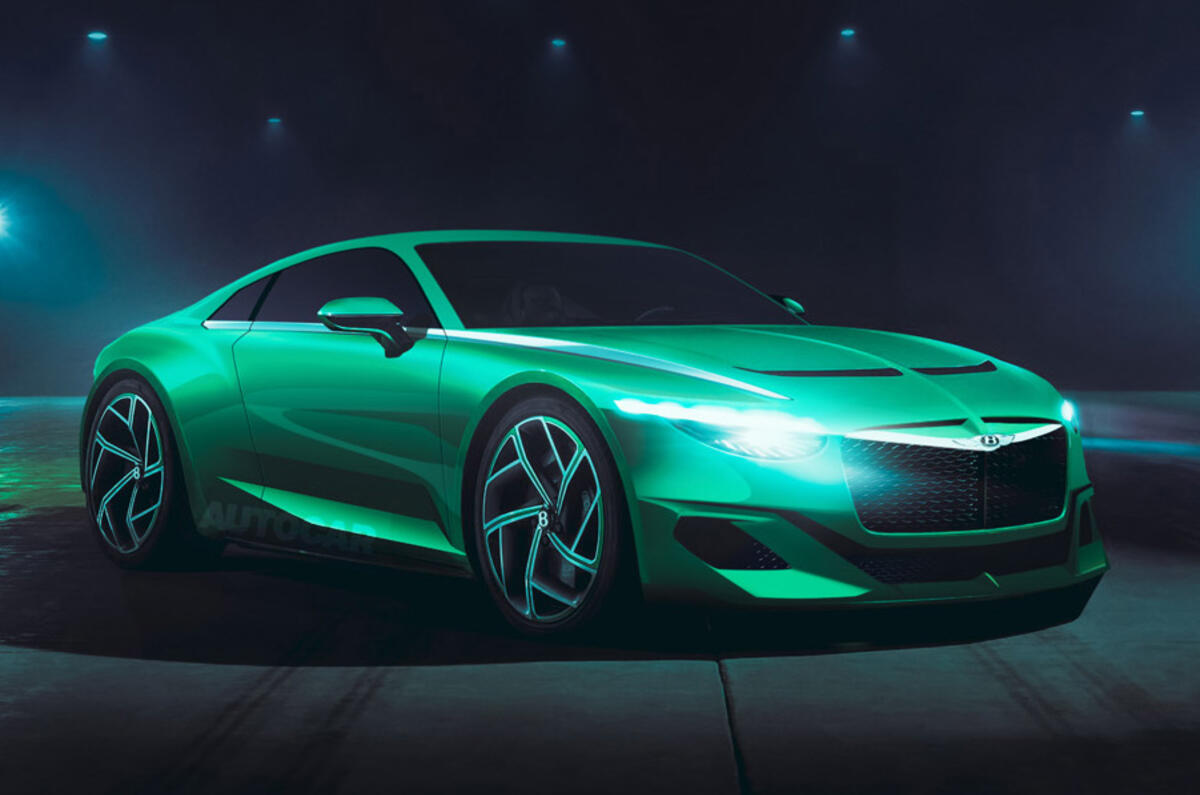
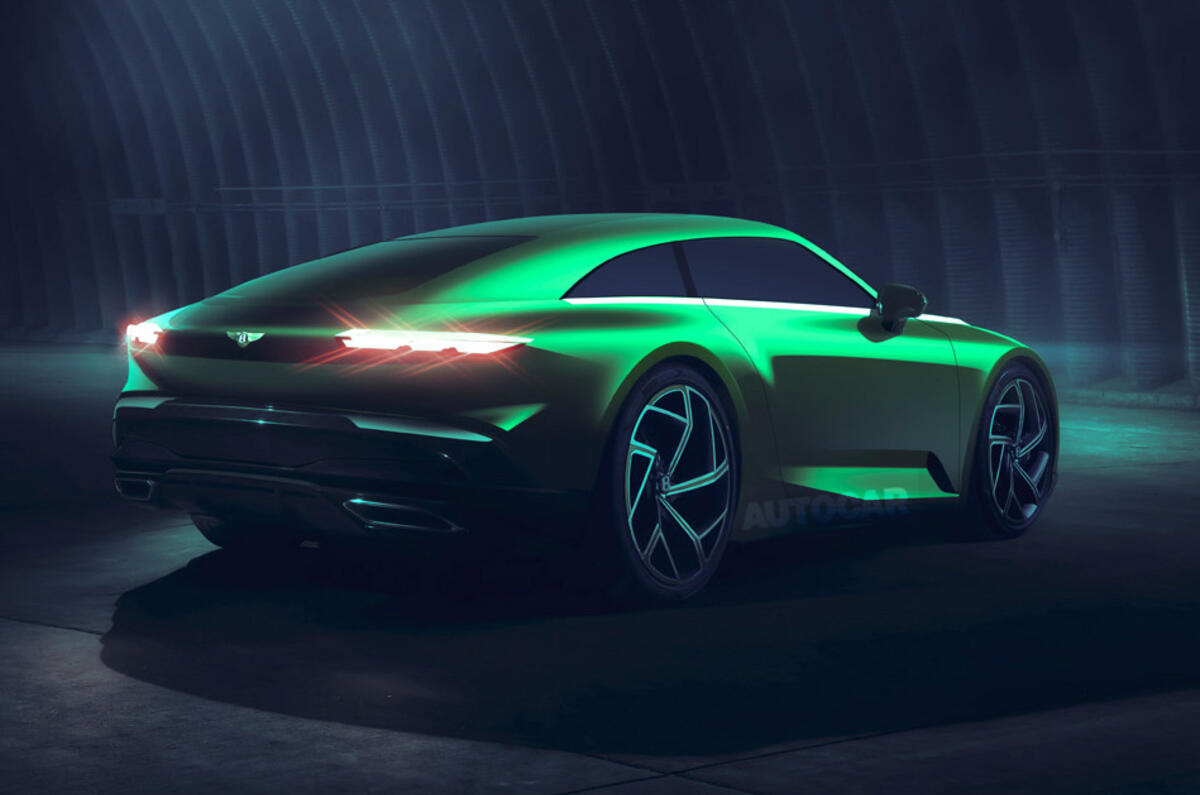
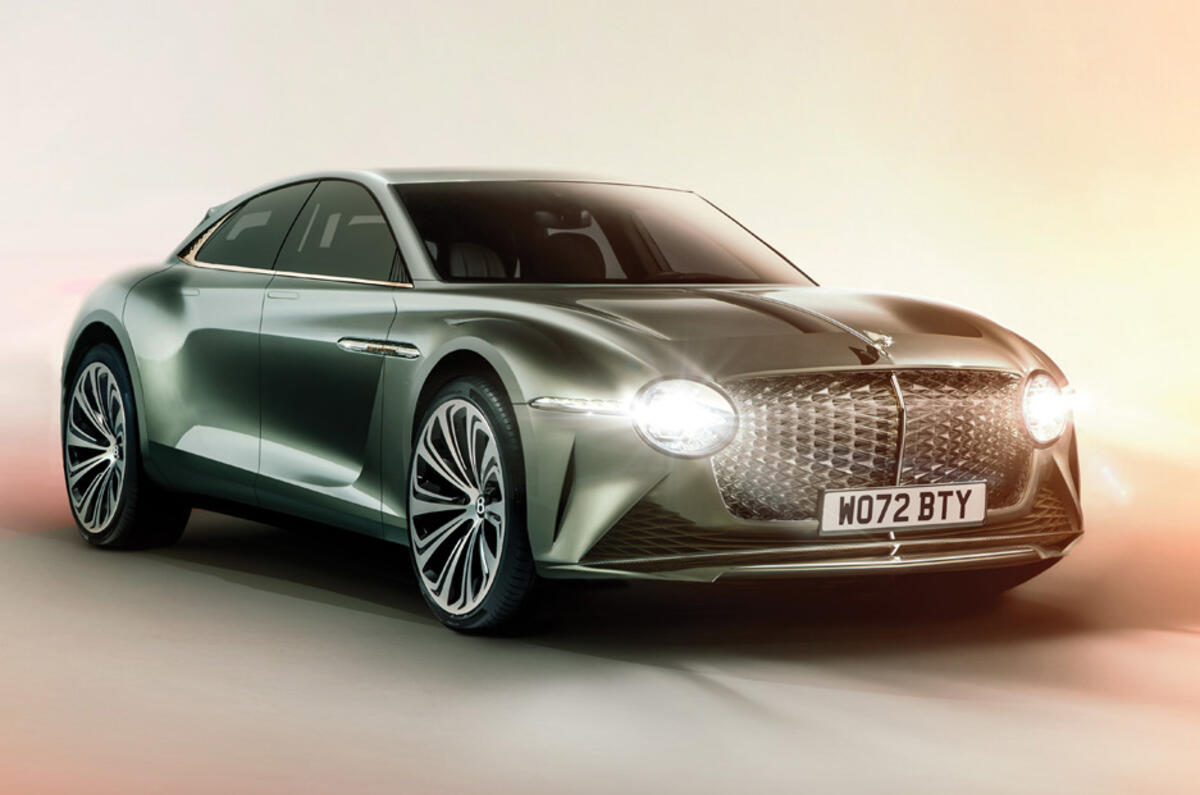

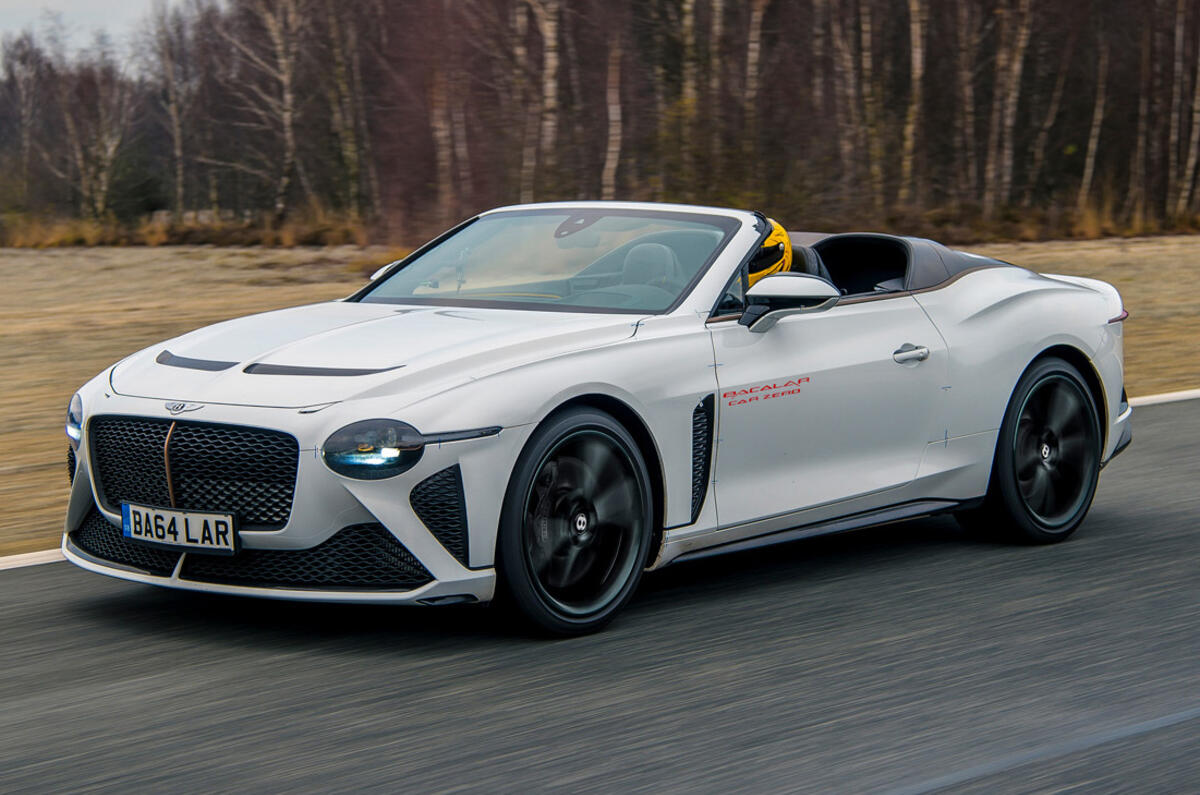

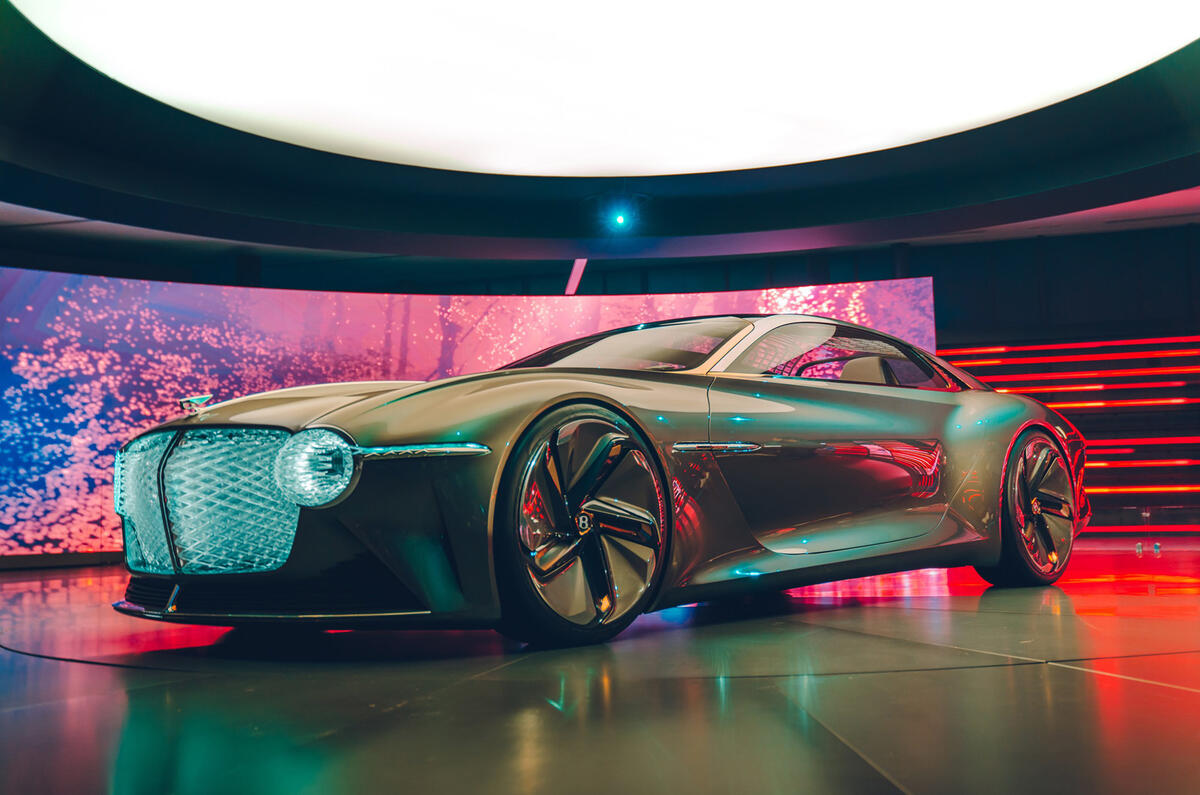
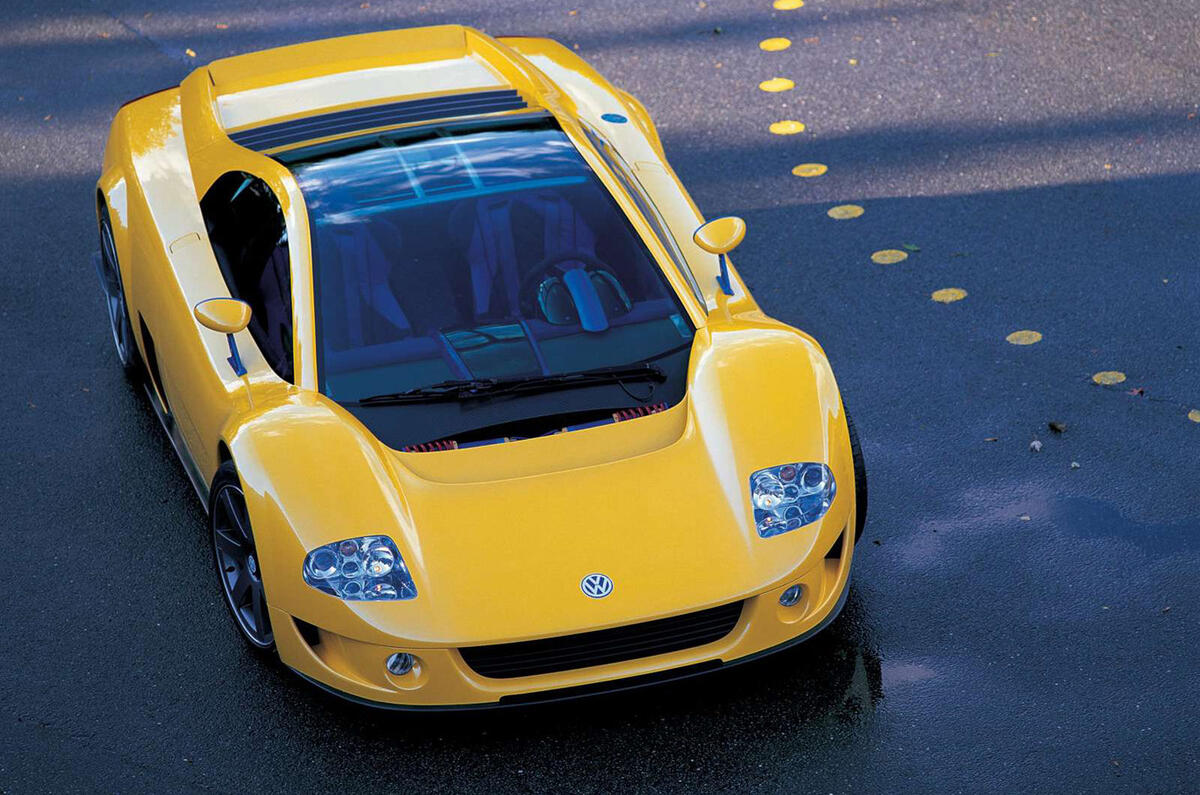
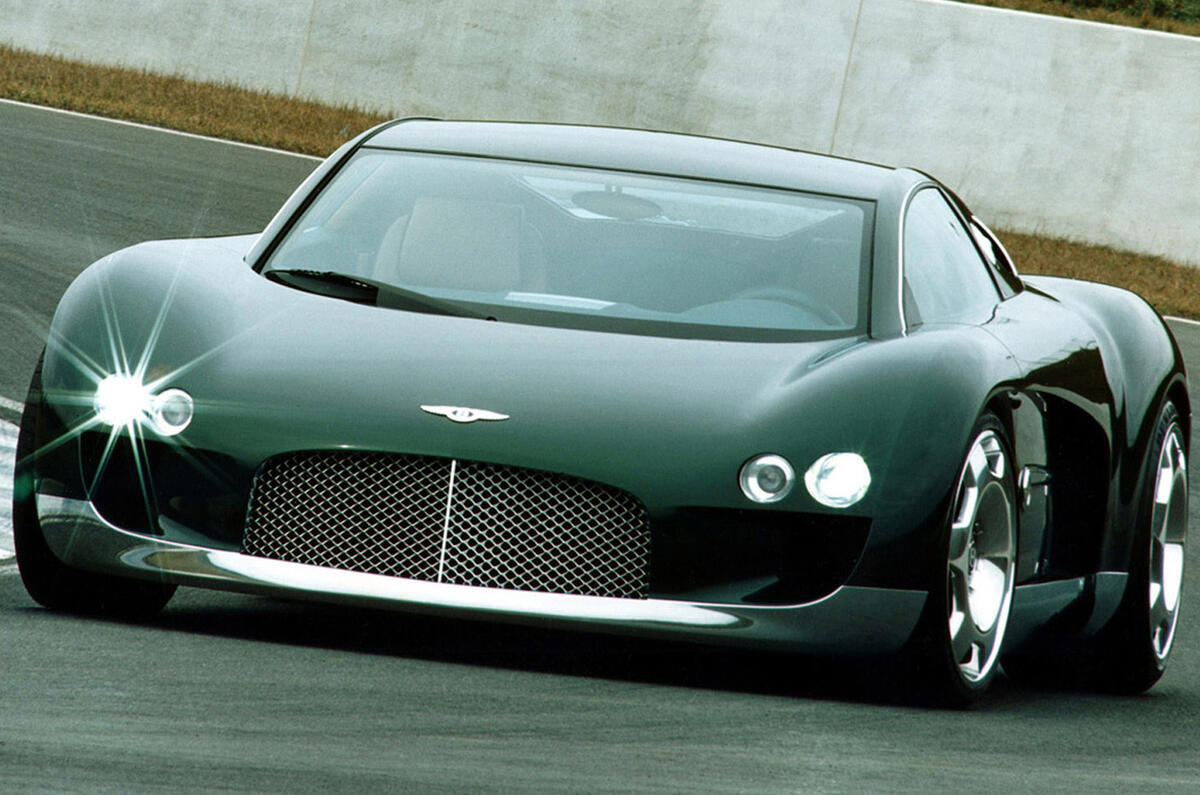
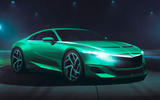










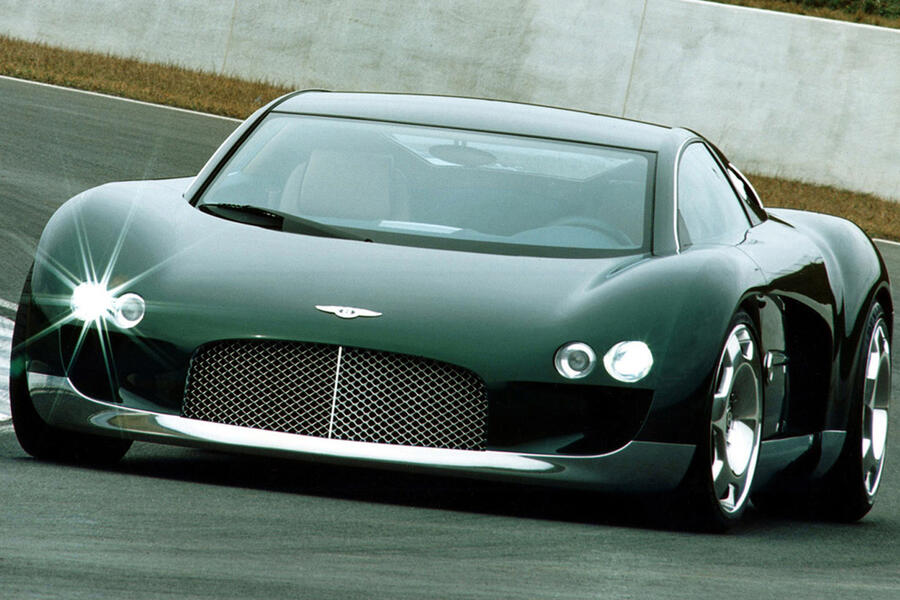
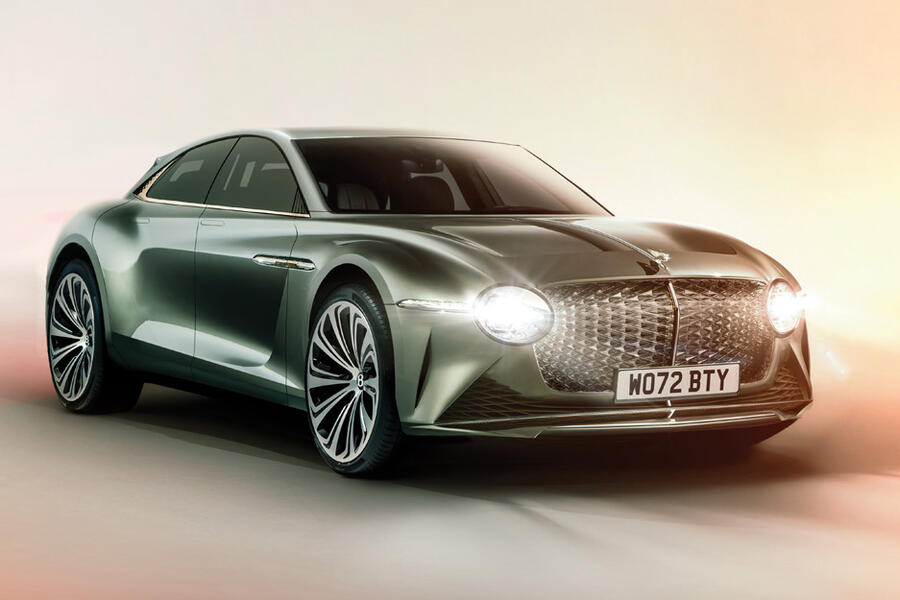





Join the debate
Add your comment
"..an equally outlandish interior treatment drawing on the themes of sustainability and exclusivity ..."
Sorry, but I really can't take any claims relating to sustainability seriously when we're talking about a £2 million pound plus vehicle.